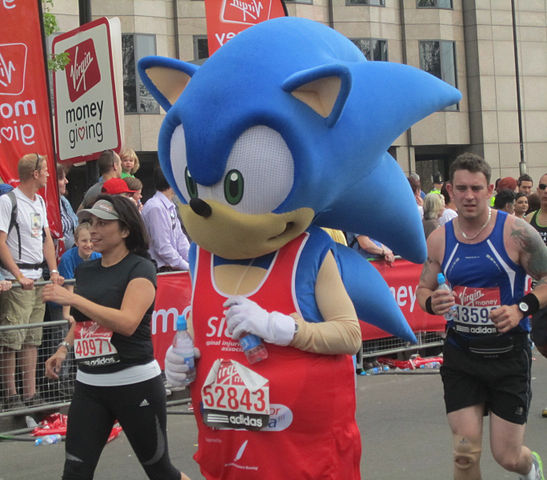- 3-minute read
- 19th January 2017
Word Choice: Began vs. Begun
The word ‘begin’ (meaning ‘start’) rarely causes confusion in the present tense. However, when it comes to other tenses, things get more complicated. ‘Began’ and ‘begun’, for example, are commonly confused in writing, as many assume they mean the same thing.
But one is the simple past tense of ‘begin’, while the other is a past participle. What difference does this make in practice? Let us explain…
Began (Simple Past Tense)
The simple past tense of a word is typically used when describing something which has already finished happening. With ‘begin’, the simple past tense is ‘began’.
As such, we use ‘began’ when describing the start of a completed action or series of events:
When the race began, Horace took an early lead.
We also use ‘began’ in conjunction with time words, even if the thing described is ongoing:
The race began at noon, and the competitors should cross the finish line soon.
Here, the key is that the race started at the time specified, even though it hasn’t yet finished.

Begun (Past Participle)
‘Begun’ is the past participle of ‘begin’. It is therefore used in perfect tense sentences. For example, in the simple present perfect sentence:
The race has begun!
Find this useful?
Subscribe to our newsletter and get writing tips from our editors straight to your inbox.
‘Begun’ is commonly used this way when describing the start of something that is still happening, or that has consequences in the present.
We also use it in the past perfect tense, such as when describing the sequence of past events:
Horace had begun to look tired, but he sped up as he neared the finish line.
Here, using ‘had begun’ shows that the first part of the sentence happened before the second part. In both of these cases, however, you’ll notice that ‘begun’ comes after a helper verb (i.e. ‘has’ and ‘had’). This is always the case when using a past participle.

(Photo: Annie Mole/wikimedia)
Began or Begun?
The difference between these terms is important because we need to distinguish between something that ‘began’ at a certain point but has now finished, and something that has ‘begun’ and continues to happen or have consequences in the present.
The important thing is that ‘begun’ is only ever used with a helper verb (e.g. ‘has’ or ‘have’). As such, if the sentence doesn’t have a helper verb, ‘began’ will be correct. Remember:
Began = Simple Past Tense
Has/have begun = Past participle